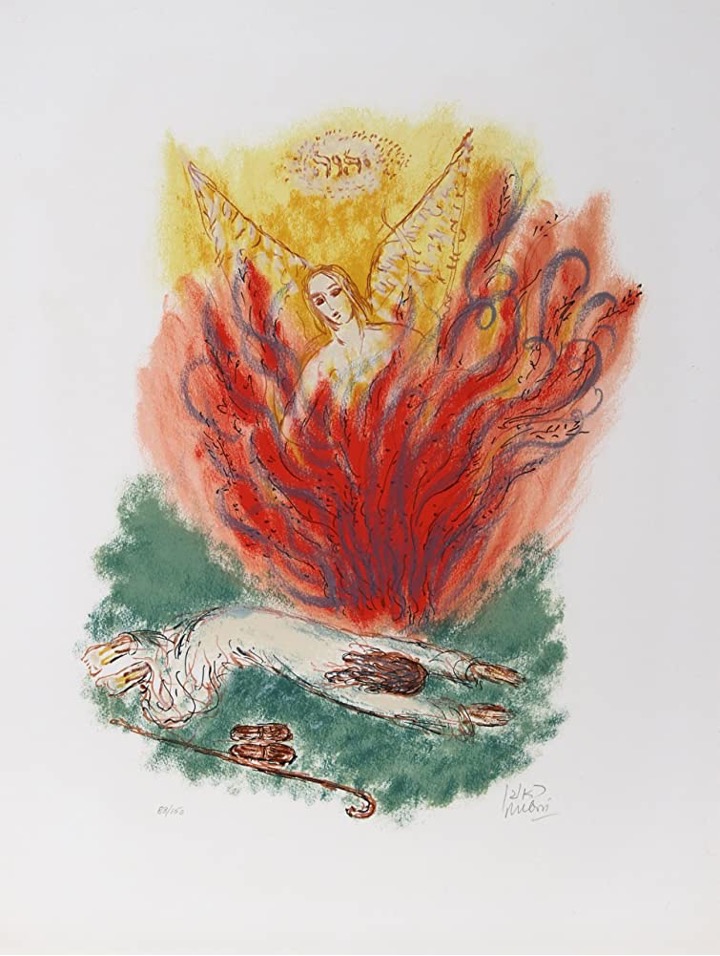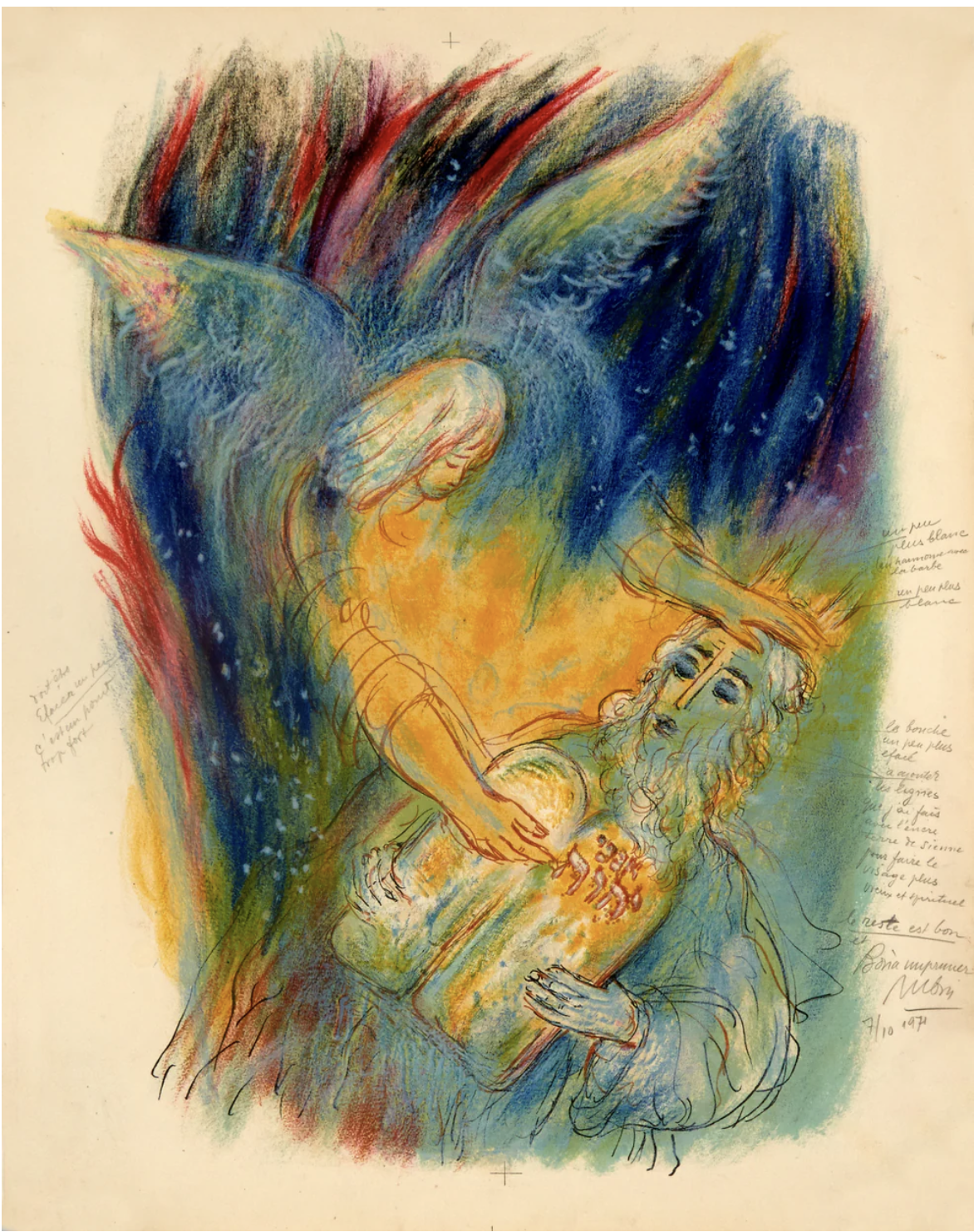Torah Study Date
Saturday, February 11, 2023
Verses Covered
Exodus (Sh’mot) 2:14-2:23
Next Session
Saturday, February 18, 2023
Starting at Exodus 2:24
Last week we discussed Moses’ reaction to seeing two Hebrews fighting, namely, asking the one who was in the wrong, why are you striking your companion? We wondered which Hebrew is in the wrong and how, and reflected on why Moses had such a strong reaction (could it be because, after he had defended the Hebrews at some risk to himself, he was angry to see the Hebrews themselves being in the wrong just like the Egyptian he had taken a risk to defend them from). We also discussed the reaction of one of the two Hebrews, namely, one of them asking Moses ironically who made you commander and judge over us and are you saying you are going to kill me like you killed the Egyptian. We noted that the Hebrews might think Moses was an Egyptian (he was, after all, an Egyptian prince, part of Pharaoh’s household, probably wearing Egyptian clothes and speaking Egyptian). Moses, we commented, saves the Hebrew but is perceived as a violent threat rather than a savior by the Hebrew who speaks to him.
We noted that Moses is afraid (the emotion is stated) because what he had done is known for sure (he had looked around and saw no man before he buried the Egyptian’s body in the sand; but, we thought, it’s a small group of people in Pharaoh’s house and things get around). In fact, Pharaoh hears about it and seeks to kill Moses upon which Moses flees and dwells in Midian.
We reminded ourselves a well indicates that there will be a meeting with a woman and that’s what happens. Moses sits by a well and the seven daughters of a priest of Midian, Reuel (later called Jethro) come, draw water and fill the troughs to water their father’s flock—but then shepherds come and drive them off which gives Moses a chance to show his valor by getting up, saving them and watering their flock. The daughters tell Reuel what happened emphasizing that he not only saved them but drew water for them and watered the flock (in other words, that he was not only brave but considerate) at which point Reuel asks them why in the world they had left the man and tells them to invite him to come eat bread.
We discussed at length the statement that Moses was content to live with Reuel. We thought Reuel might have been a father figure or mentor for Moses who hadn’t had one before. We thought the relationship to someone who could advise him and help him was enough for Moses to want to stay. At the same time, we wondered at how brief and uninformative the statement is. We noted Reuel giving his daughter, Zipporah, to Moses (and that the text does not say “in marriage” but it is implied) and her giving birth to a son that Moses called “Gershom” because he was a stranger (ger) there (sham).
Along the way, we discussed water and its central importance in Torah—later examples are the Nile River going bad and Miriam’s well of water—and that water in general is important but especially important in a desert area. We also discussed avatars of different gods—Pharaoh as an avatar of Ra and Moses as an avatar of YHVH—and that the story is about YHVH kicking Ra’s butt. We also discussed the fact that we do not have an all-powerful God in Tanach. God notices things, for example, which means he did not know them before (not all-knowing) and he does not come on the scene here until the avatar of Ra dies (showing that he was not all-powerful). We also discussed that gods are stronger when they are in their place and when they have an avatar.
Our artwork this week is by Romania-born Israeli Jewish artist, Reuven Rubin (1993-1974), Moses and the Burning Bush (above), and Moses and the Ten Commandments (below), two color lithographs from the 1972 series, Visions of the Bible. The Burning Bush lithograph shows Moses, with his shoes off, prostrate before a burning red bush that has an angel inside while the Ten Commandments lithograph shows Moses holding the tablets and being touched by an angel.


